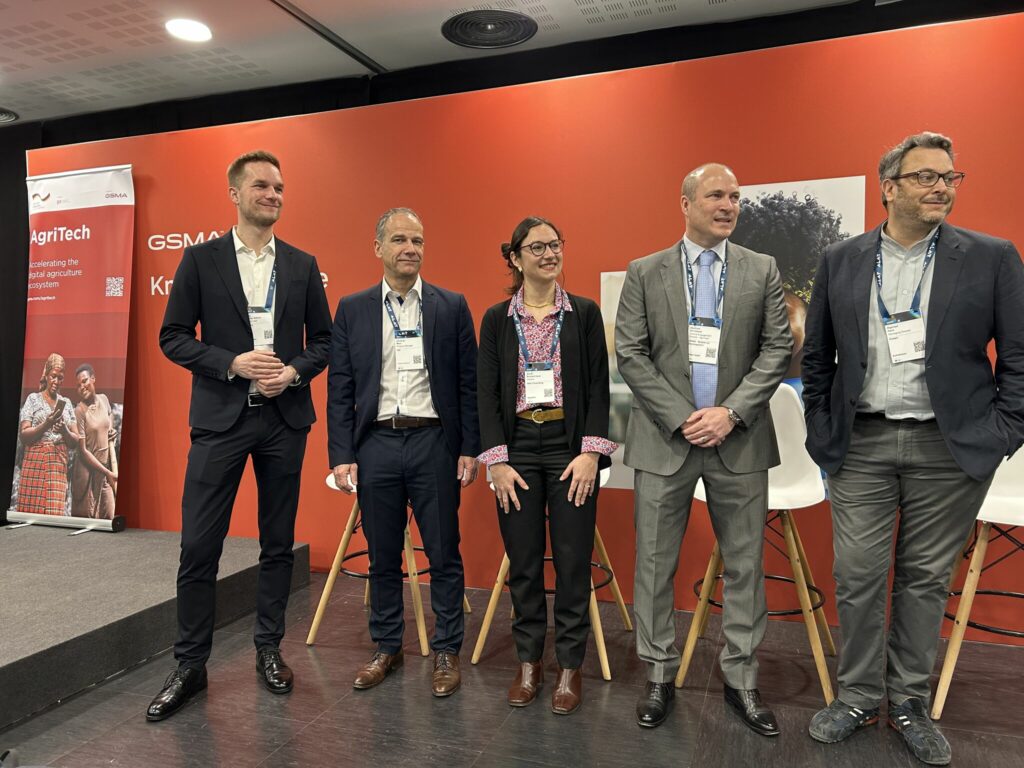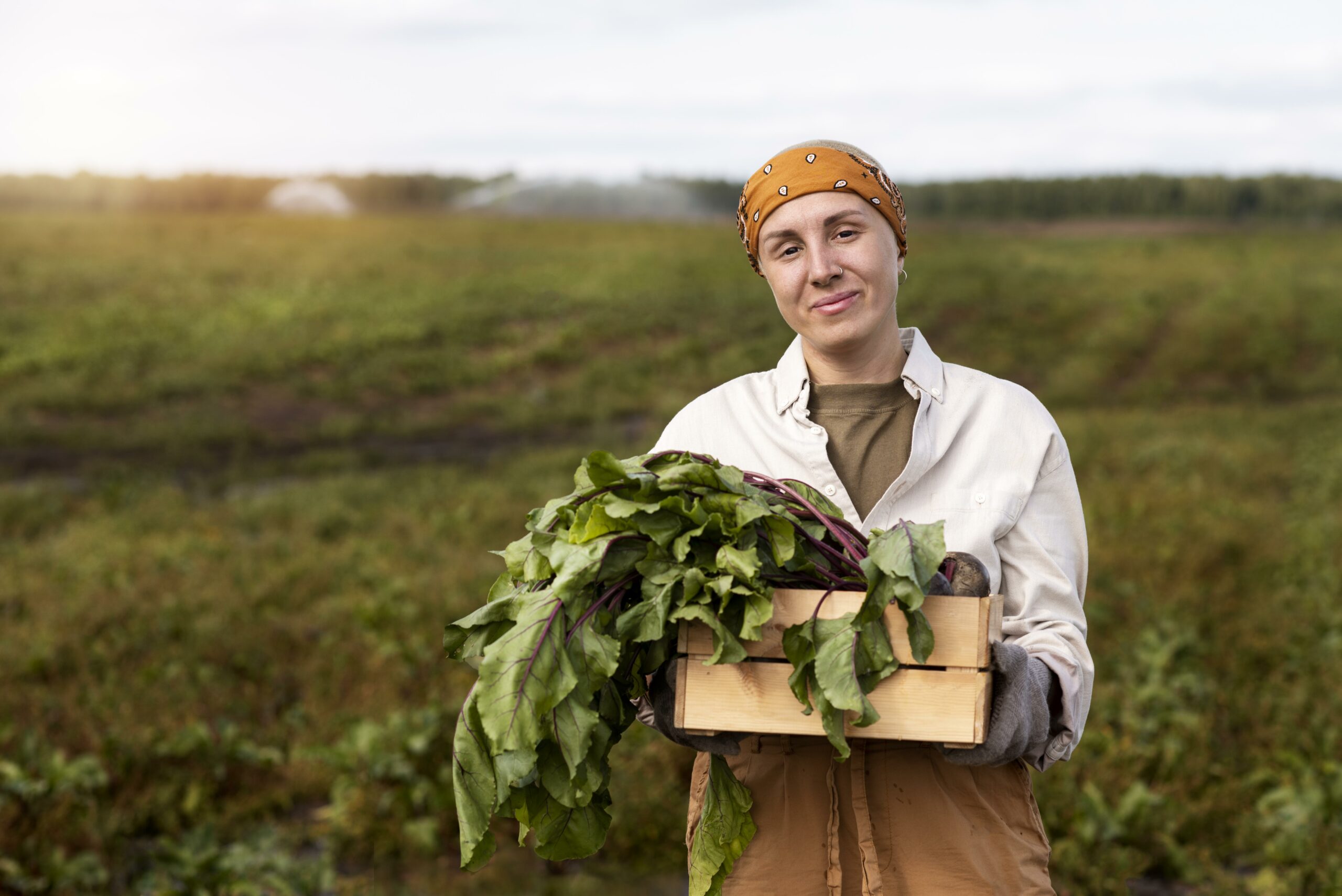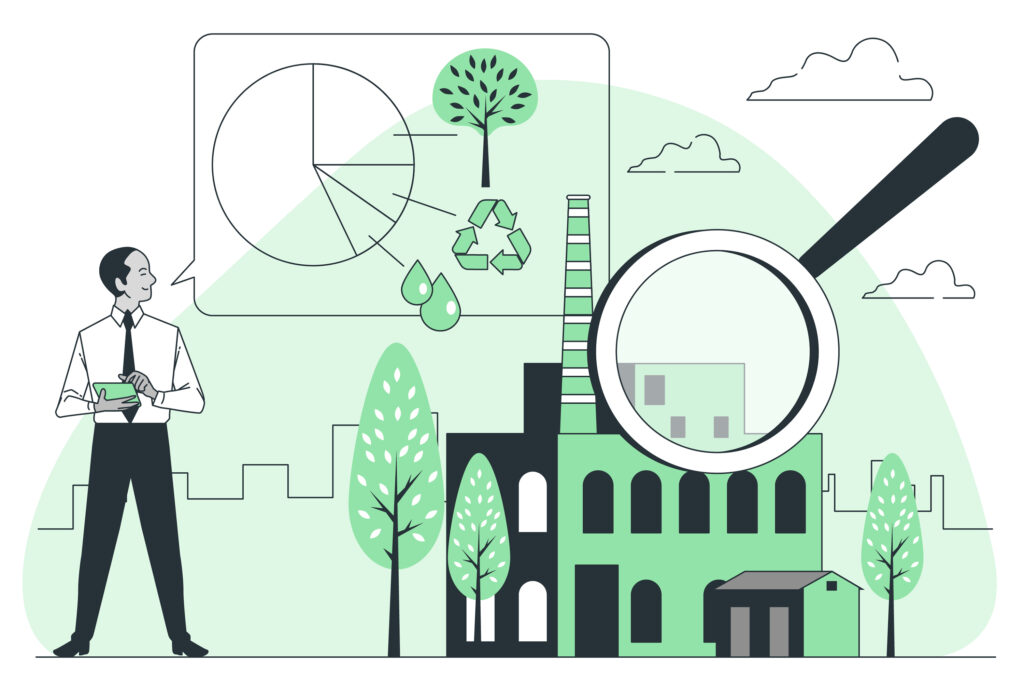OECD research shows smart regulation boosts business. Learn how removing trade barriers and shaping better practices drives sustainable growth
Tag Archives: Supply Chain
Ksapa joined MWC 2025 Barcelona panel on digital inclusion, sharing insights connecting underserved rural communities at GSMA’s invitation.
Discover 10 tracking technologies transforming supply chains and how Ksapa helps prioritize transparency vs. traceability needs
Smallholders are an impact opportunity for the entire agricultural value chain on ESG issues faced by global buyers
Solutions to overcome carbon market barriers and monetize externalities through digital and value-sharing mechanisms
Balancing technology with human solutions for effective supply chain transparency and traceability beyond tier 1 suppliers
Discover how proper valuation of ESG factors can protect investments and enhance returns across your asset’s lifecycle.
Transform trade volatility into opportunity with resilient supply chains that address both tariff pressures and sustainability challenges
CSDDD amendments explained: How Ksapa helps companies navigate simplified requirements while ensuring robust human rights compliance
A deep dive into making ESG a genuine catalyst for sustainable business transformation, with practical steps and implementation insights









